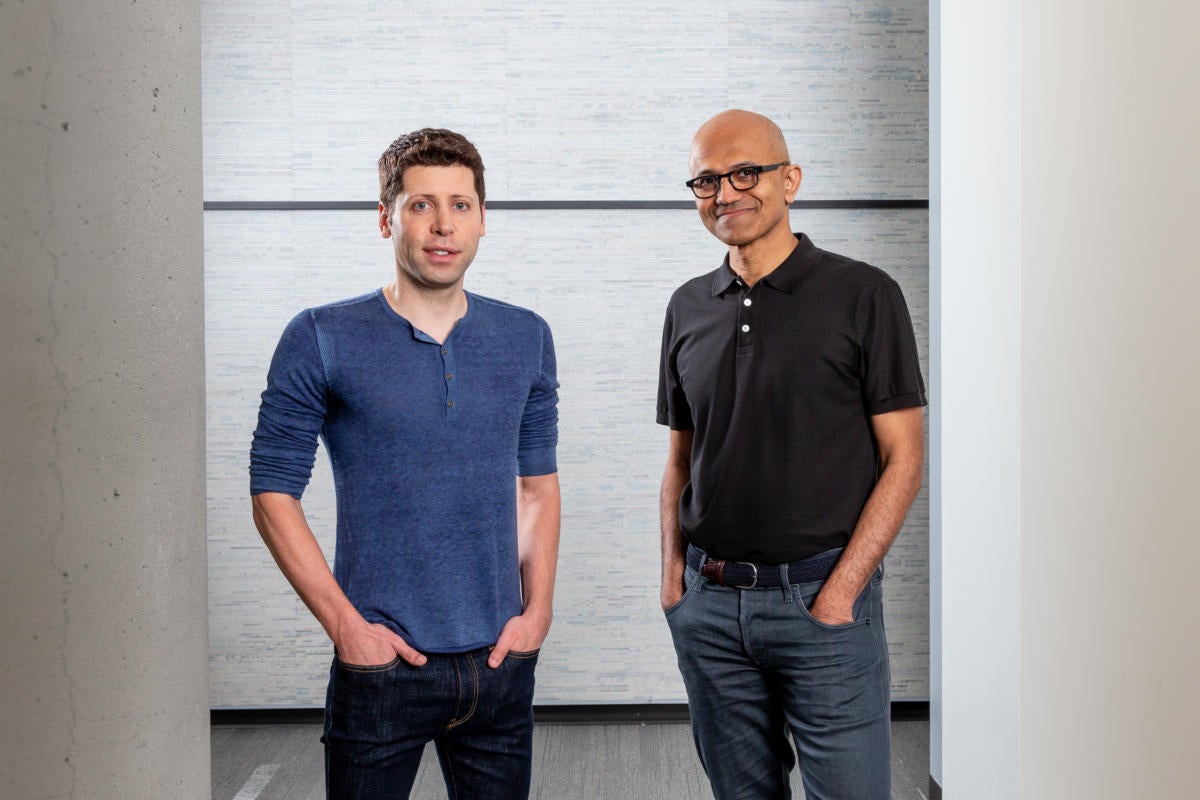Physical Address
304 North Cardinal St.
Dorchester Center, MA 02124
Physical Address
304 North Cardinal St.
Dorchester Center, MA 02124

OpenAI, the creator of ChatGPT, has made a bold claim against The New York Times (NYT) in its ongoing copyright lawsuit. OpenAI asserts that the NYT is not telling the full story and has cherry-picked examples to support its allegations. This accusation raises questions about the credibility and accuracy of the evidence presented by the renowned newspaper.
In its blog post, OpenAI argues that the examples of copyright violations submitted by the NYT were generated by manipulating prompts and intentionally selecting excerpts from years-old articles. OpenAI suggests that the NYT’s intention was to provoke the model into regurgitating specific content that aligns with their allegations. By cherry-picking examples, the NYT may have created a skewed representation of ChatGPT’s behavior.
OpenAI further contends that even when manipulated prompts are used, their models do not typically behave as the NYT insinuates. This suggests that the examples provided by the NYT may not be representative of the typical usage or behavior of ChatGPT. OpenAI raises doubts about the NYT’s selection process, implying that the examples were cherry-picked from numerous attempts to support their claims.
According to OpenAI, the examples put forth by the NYT are not typical instances of misuse or allowed user activity. OpenAI asserts that the generated texts, even when prompted in a manipulated manner, do not serve as a substitute for the high-quality journalism produced by the prestigious newspaper. This challenges the NYT’s argument that ChatGPT’s outputs infringe upon their copyrighted content.
OpenAI acknowledges the issue of “regurgitation” in ChatGPT, which it attributes to a failure in the model training process. The company explains that memorization, or regurgitation, occurs when specific content appears multiple times in the training data. OpenAI states that it is actively working to address this issue and has measures in place to limit inadvertent memorization and prevent regurgitation in model outputs.
While OpenAI’s claims against the NYT are significant, it is important to note that this is just one side of the story. The allegations of cherry-picking examples raise concerns about the objectivity and fairness of the evidence presented by the NYT. As the lawsuit unfolds, it will be crucial to examine both sides’ arguments and evidence to determine the validity of the claims made by OpenAI and the NYT.
The allegations made by OpenAI regarding The New York Times’ cherry-picking of examples in their copyright lawsuit have significant implications for both parties involved and the broader landscape of AI technology and journalism.
If OpenAI’s claims are proven true, it could undermine the credibility of the evidence presented by the NYT. Cherry-picking examples to support allegations raises questions about the objectivity and fairness of the newspaper’s reporting. This could damage the reputation of the NYT as a trusted source of news and information.
Furthermore, if the examples provided by the NYT are indeed cherry-picked, it raises doubts about the validity of their copyright infringement claims against OpenAI. The strength of the NYT’s case relies heavily on the evidence they present, and any manipulation or bias in selecting examples could weaken their argument.
The implications of this dispute extend beyond the immediate legal battle. The outcome of the lawsuit could set a precedent for the use of AI models and their relationship with copyrighted content. If OpenAI’s claims are substantiated, it could establish guidelines and limitations on the use of AI models in generating content that may resemble copyrighted material.
Additionally, this case highlights the challenges and ethical considerations surrounding AI technology. The issue of “regurgitation” in ChatGPT, as acknowledged by OpenAI, raises concerns about the potential misuse of AI models and the need for responsible usage. It emphasizes the importance of ensuring that AI models are trained and used in a manner that respects intellectual property rights.
From a broader perspective, this dispute raises questions about the evolving relationship between AI and journalism. As AI technology continues to advance, it becomes increasingly important to establish clear boundaries and ethical guidelines for its use in generating news content. The outcome of this lawsuit could contribute to shaping these guidelines and determining the responsibilities of AI developers and news organizations.
As the legal proceedings unfold, it will be crucial to closely monitor the evidence presented by both OpenAI and the NYT. The resolution of this dispute will have far-reaching implications for the future of AI technology, journalism, and the protection of intellectual property rights.
If you’re wondering where the article came from!
#